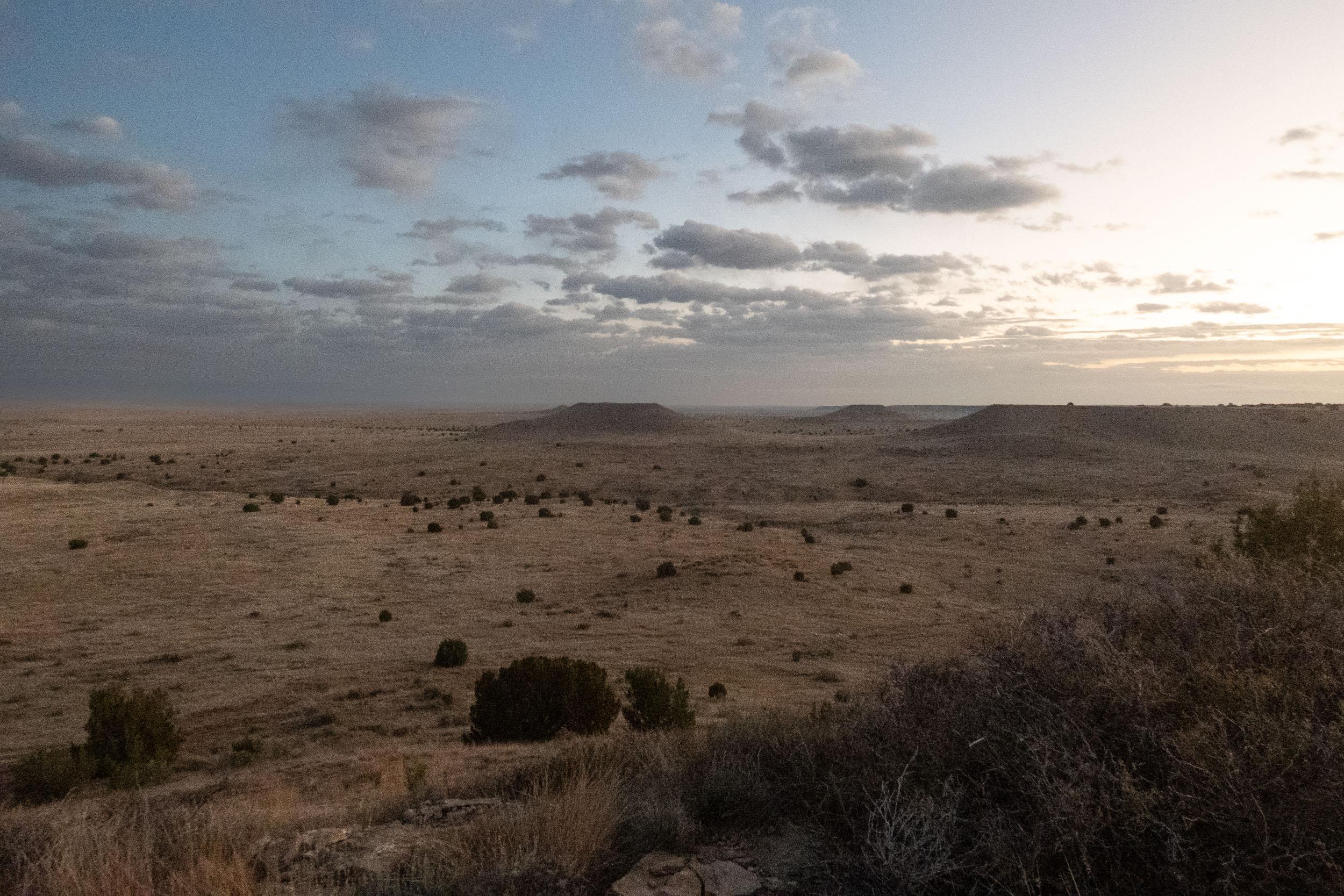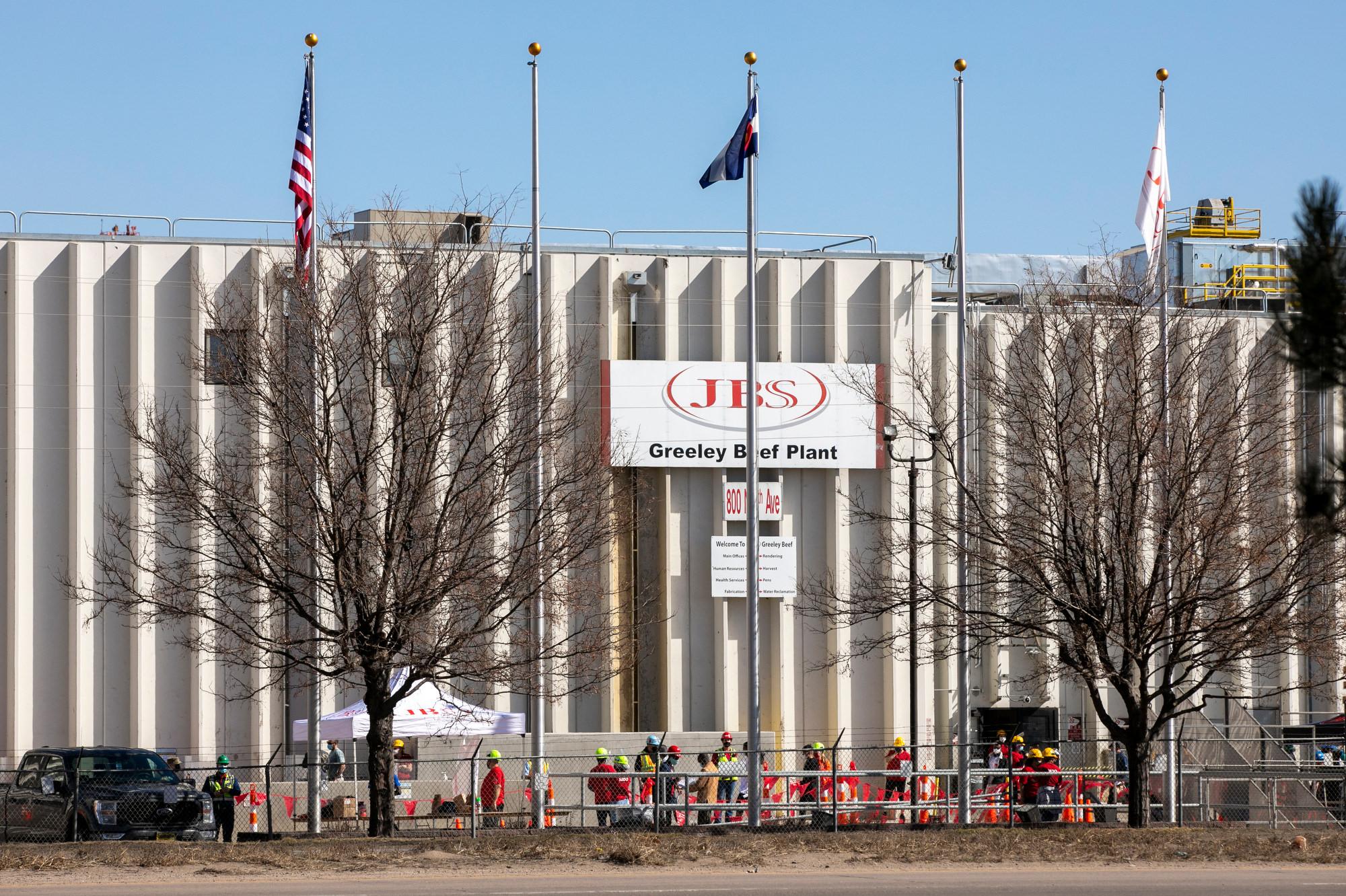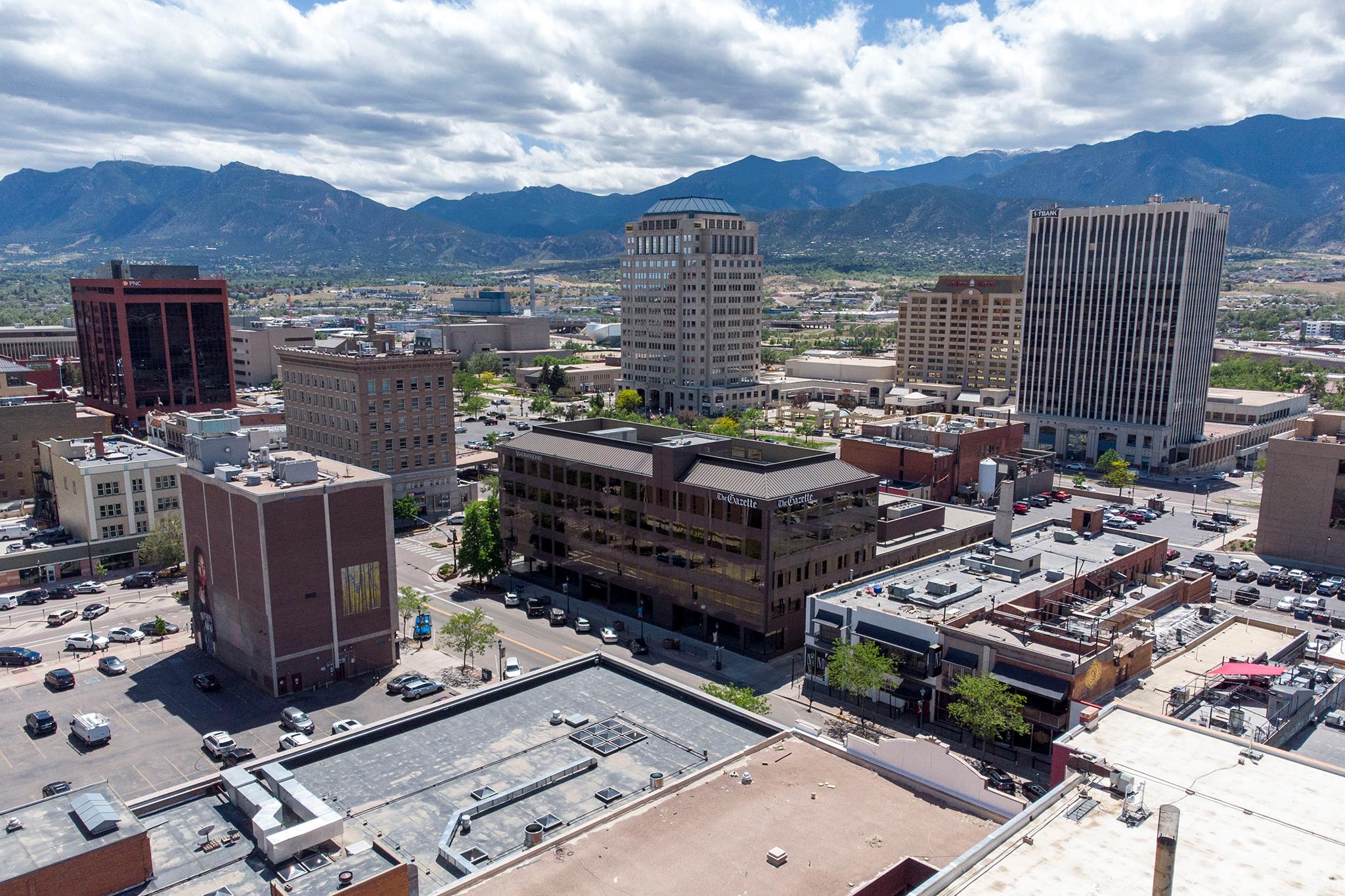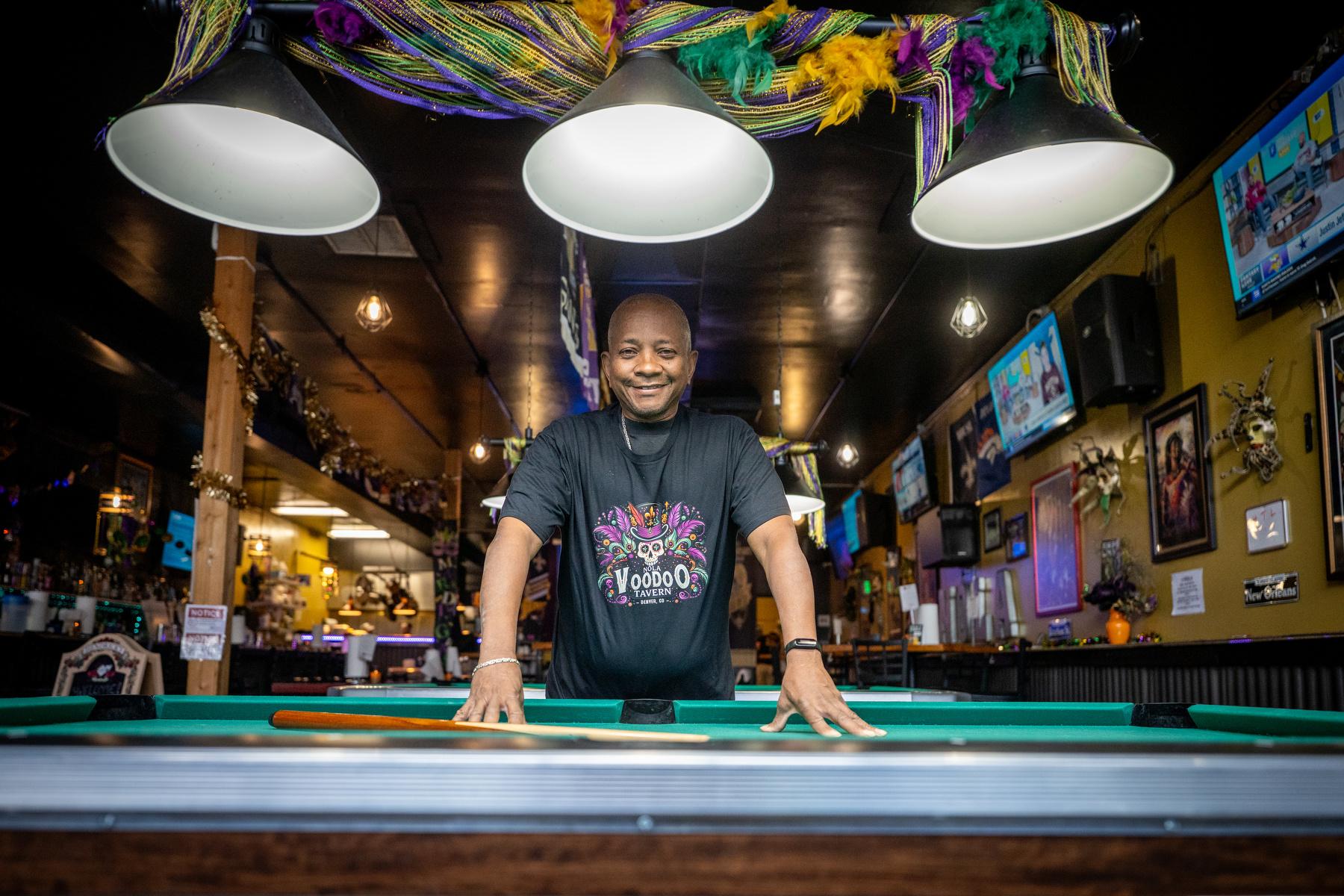
When Hurricane Katrina roared toward Louisiana in August 2005, Henry Batiste had just buried his grandmother in St. James Parish.
He and his family members could barely process their grief before the realization set in that they needed to immediately evacuate. Hurricane Katrina, a Category 3 storm, was barreling toward his hometown of Kenner, just outside New Orleans.
“It was very difficult. My grandmother just passed away, and then we heard about Katrina coming,” said Batiste, a distant relative of famed New Orleans musician Jon Batiste. “It was really rugged not knowing what was going to happen.”
Batiste and his family evacuated to Houston. Like thousands of others, they watched on television as the levees that were supposed to protect New Orleans broke and water poured into the city, leaving some neighborhoods under as much as 20 feet of water.
“It was unbelievably stressful,” he said. “Friends had eight feet of water in their houses. People were on rooftops without food or clean water. It felt like a third-world country.”
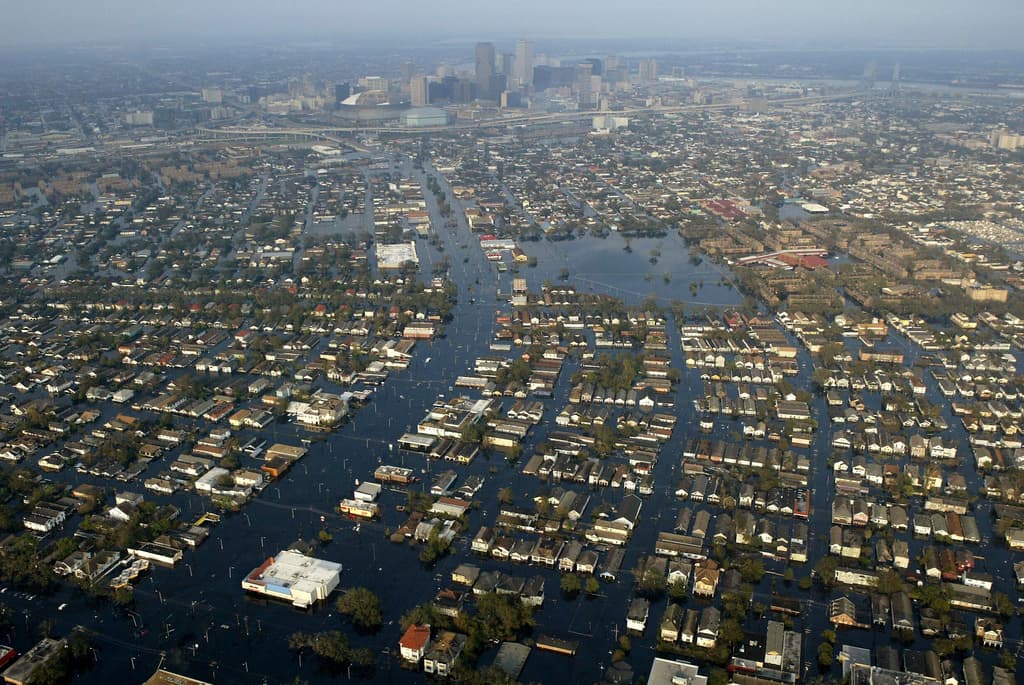
That devastation — compounded by what he describes as government mismanagement led him to make a tough choice.
“I decided I was going to move back to Denver,” he said. “I had lived here before, worked at Keystone Ski Resort in the early ’90s, and I loved it. After Katrina, I couldn’t live in New Orleans anymore.”
Batiste accepted a former employer’s offer for a sales job with a Denver liquor company, packed up a U-Haul and headed to the Centennial state. A decade later, he opted to return to his lifelong passion for cooking.
In 2015, he opened Nola Voodoo Tavern & Perks on Bruce Randolph Avenue in Denver. What started as a small coffee shop with light fare soon became a bona fide Cajun restaurant featuring a menu packed with Louisiana staples, such as gumbo, po’boys, jambalaya and étouffée. He moved into a larger space across the street in 2024.
“I wanted it to be the ‘Cheers’ of Denver,” he said, referring to the famed bar featured in the 1980s television show of the same name. “A place where everybody knows everybody. People come in and say, ‘We finally found a place that feels like New Orleans.’ That means a lot.”
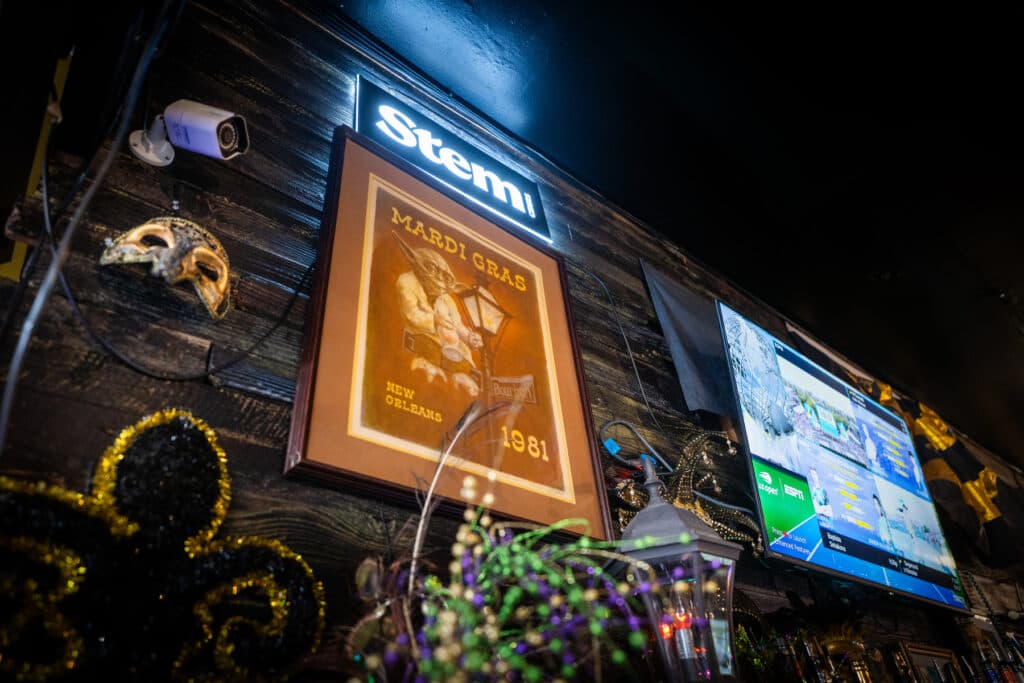
The recipes come from his mother and grandmother, who taught him to cook at age 11.
“They always said, ‘You don’t cook with food, you cook with your heart and soul,’” Batiste said. “That’s what I bring to every dish.”
Nola Voodoo Tavern has become more than a restaurant. For transplants from Louisiana and the Gulf Coast, it’s a gathering place and a taste of home. Even during the COVID-19 pandemic, when so many restaurants shuttered, Batiste’s place endured.
“COVID was really hard, but we survived,” he said. “Just like [Hurricane] Katrina, another obstacle to overcome.”
Batiste said he holds dear the photo albums and VHS tapes packed with memories of his mother, grandmother, and extended family. They remind him of the life he left behind since Hurricane Katrina 20 years ago.
“They’re things you can’t replace,” he said.
The storm also left him with a stronger sense of resilience and gratitude.
“I’d never want to experience something like that again,” Batiste said. “But it taught me to value community. Here in Denver, I was able to rebuild. And I can share my culture, my family’s food, with people who may have never been to Louisiana.”
And he does so by making the rounds at his restaurant, greeting guests and offering samples of gumbo or red beans and rice.
“I love cooking; I love seeing people enjoy it,” Batiste said. “That’s what it’s all about, giving people a taste of Louisiana, right here in Colorado.”
- Childhood interrupted: A Hurricane Katrina survivor reflects on the tough but fulfilling transition to Colorado
- ‘I’m not crazy about how I got here, but I love it here’: Hurricane Katrina survivor reflects on rebuilding her life in Colorado 20 years later
- ‘I had to let go and let God’: Hurricane Katrina survivor embraces life in Denver after storm’s destruction 20 years ago

